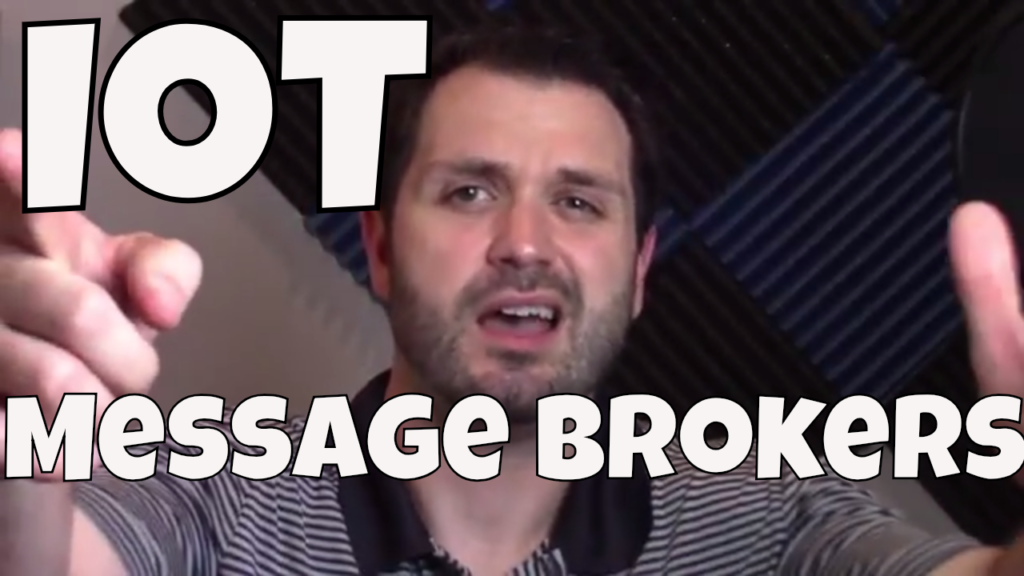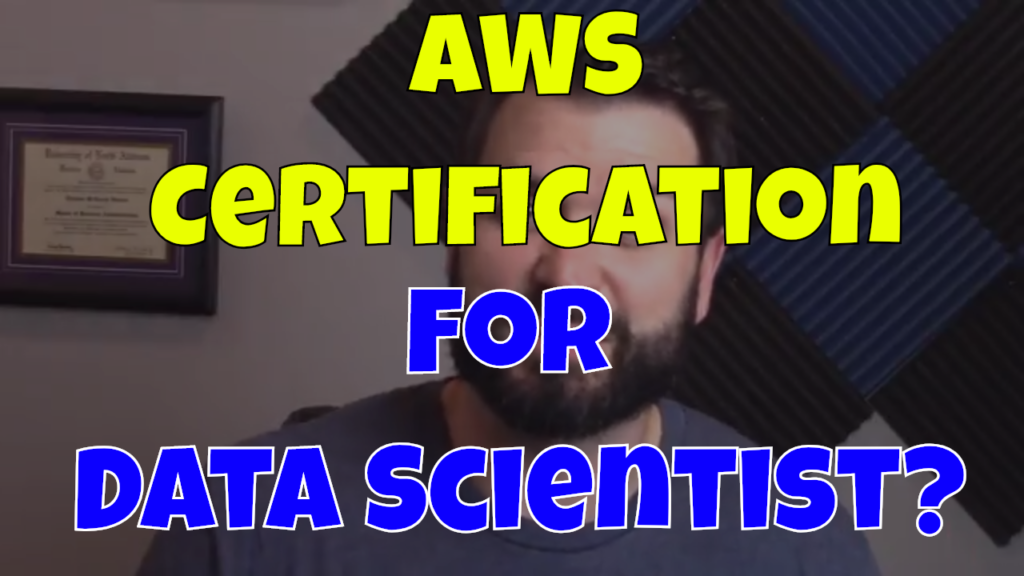How Do IoT Message Brokers Work?
What are message brokers in IoT? Message brokers are the middle ware in IoT & Streaming applications. Think of these systems as queuing systems that allow for quick writes to one system that can be read by many applications.
Message broker are critical to IoT & Streaming analytics to give Data Engineer the ability to quickly move data/messages into a storage container. Once in those storage containers the data can be read by multiple sources.
In this video we will walk through the different open source message brokers in IoT & Streaming workflows.
Video
Transcript – Defining IoT Message Brokers
Hi, folks! Thomas Henson here, with thomashenson.com, and today is another episode of Big Data Big Questions. Today’s question comes in, I want to talk more about IoT, like I was talking about in the last few videos on IoT, this is something huge. This is something I think that a lot of data engineers should really start digging into. These are going to be workloads that we’re going to see, and even modern application developers, making you don’t do big data, you’re going to be impacted by this. I want to talk about message brokers in IoT. I want to talk about what a message broker is, how that architecture works, and then also some of the major players in there. You’ve probably heard of a few of these, but find out more right after this.
Welcome back. Thanks for tuning in. Today, we’re going to dig into message brokers in IoT, so really want to talk about how message brokers work in IoT and how, really, the data push. It’s a little bit different, right? It’s not your traditional application. In IoT, your devices are out there with IP connections, and may have a spotty connection, but how do you ensure that you can bring the data back in? This is where we start to see message brokers being used.
Message brokers are the middleware that’s in distributed applications, and so it’s like a queueing system. It’s going to handle the message validation transformation and the routing of the messages. It allows for you to move in. Think about, if you have a Raspberry Pi set up for your garage, so every time your garage doors open, you send a message out, and it sits in a queue to your message broker where, you can know that, “Hey, you know, that garage door now?” It was in an open state, but now it’s in a closed state, or vice versa. Then, if it’s in an open state, maybe then I’ve got a message, I’ve got somebody that subscribed to it to turn my air down, because chances are, if my garage door is open, it means that I’m going to be home, or I’m just pulling in, so I want you to go ahead and kick that air down for me.
[adsense_hint]
The architecture behind these message brokers is normally going to be a publish-subscribe. This gives you the ability to, your IoT devices, they’re going to publish updates. Like I said, they may have a spotty connection, so this is important for them, to be able to send those out. It’s constantly not sending out a, “I’m open, I’m open, I’m open.” It’s going to send it out whenever that’s changed, whenever it has a connection to change. If you don’t have a connection for your garage door opener, if it changes from open to close, it’s still, in that message broker, going to be shown as being closed. Once that connection hits back up, it’s going to change it to be open. This gives you the ability to, one, work with non-persistent data. Work in locations where you’re not going to have such a great connection, but this is also going to give you the ability to have multiple subscribers. You can have multiple subscribers. I talked about the air conditioner working, but what about other applications?
What if I wanted to have certain lights that came on? What if I wanted to have multiple different subscribers, or different applications, or different, other IoT devices that are looking and keying off of what happens to that garage door from that Raspberry Pi?
That’s just a little bit about that publish-subscribe pattern. Probably do another video digging a little bit deeper, maybe throw up some slides on it, but I did want to talk a little bit about what some of the message brokers in IoT are. First one I want to talk about it Apache Kafka. Kafka was incubated and developed outside of LinkedIn, so they were looking for ways that they could be able to take in all these messages and have them in a queueing system. We think about what they were doing, we’re talking about millions and millions of messages, right? For many years, it was used in their production. You see a lot used in streaming analytics. You’ve heard me talk about Kafka in the Lambda architecture and being able to support that streaming analytics, and have that queueing system. As those messages come in, you just don’t have time for them to hit HTFS right then. That gives you the ability. Another one is Pravega. Pravega is open source out of Dell EMC. Heard me talk about it when we talk about the Kappa architecture. This gives you the ability to have that messaging queue for those devices as they come in. They’re sitting in that queue system, but because it’s part of the Kappa architecture, even your batch rights and your streaming rights can all be accessed through Pravega, versus typically when we talk about a Lambda architecture, we have our, think about it in our batch layer. We have our batch layer, traditional probably going to be in HTFS. Then, you have your stream-in layer that might be in Kafka, or Spark Streaming, or some of the other applications.
Then, you have two different code bases to be able to do that. Pravega, built from the ground up for streaming architecture, but also giving you that ability to really take advantage of the Kappa architecture, and be able to have one code base to be able to use, to be able to access, and write your, whether it be Spark jobs, or it be old MapReduce jobs, those types of things. Then, the third one that I wanted to talk about was RabbitMQ. Another message broker in IoT is RabbitMQ. Widely developed for web development, so it was originally developed for web services to be able to respond to a call request, and so if you think about, and you look at a lot of the frameworks that it supports, and a lot of the code levels, we’re talking still Ruby, PHP, .NET, a lot of the development stack, even a lot of JavaScript. I’ve seen some people who have some courses out there on RabbitMQ, just for the JavaScript developer. It’s another one that’s kind of a message queueing system, built to be able to stream, built to be out for streaming analytics, and be able to distribute those messages.
Still not seen or as popular as Kafka as far as when we start talking about big data analytics. You’re starting to see a little movement from that area, and then also, there are other ones out there with Azure having one, and AWS IoT, they use a publish-subscribe in their architecture for their IoT platform. There’s a lot of different ways to use those message brokers. I think this is a concept that you really should be familiar with to some extent, because you’re probably already using one, you maybe just haven’t referred to it as a message broker.
That’s all I have for today. Make sure you subscribe to the YouTube channel, here. You never want to miss an episode, and this gives you an opportunity to ask questions, submit them down here in the comments section below, but always stay tuned, make sure to keep your big data, data engineering knowledge on point.
Thanks again.
IoT Message Broker Show Links
Apache Kafka – https://kafka.apache.org/
Pravega – http://pravega.io/
RabbitMQ – https://www.rabbitmq.com/

